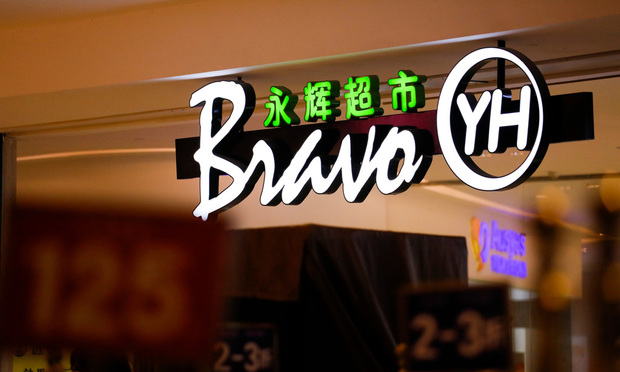China's National Security Review: a Case Study of a Supermarket Chain
October 11, 2019 | BY
Vincent ChowChina's national security review regime has largely flown under the radar since it was introduced in 2011. But a recent case involving a foreign-invested supermarket chain, the first since a revamp of the regime's regulatory structure elevated the role of China's powerful central planning agency, has put national security in the spotlight once again.

Shanghai, China – August 15, 2019: a newly opened Yonghui supermarket store
National security is in vogue. As the United States and its allies continue to dominate headlines with their blacklisting of Huawei and increasingly hostile treatment of Chinese investments, China is now pressing on with its own efforts to bolster national security oversight of foreign investment – and its definition of national security goes far beyond defense.
China introduced a national security review (NSR) regime in 2011 but it has received relatively little attention and has seen only a few cases. That is about to change as the National Development and Reform Commission (NDRC) took over earlier this year as the leading agency for the NSR process and will likely ramp up enforcement.
"Considering the global economic challenges, we expect Chinese authorities will tighten national security review for foreign investment," said Barbara Li, a Beijing-based partner at Norton Rose Fulbright, adding that NSRs have more strategic implications from the national interests and security perspectives than other regulatory clearance requirements.
This premium content is reserved for
China Law & Practice Subscribers.
A Premium Subscription Provides:
- A database of over 3,000 essential documents including key PRC legislation translated into English
- A choice of newsletters to alert you to changes affecting your business including sector specific updates
- Premium access to the mobile optimized site for timely analysis that guides you through China's ever-changing business environment
Already a subscriber? Log In Now




